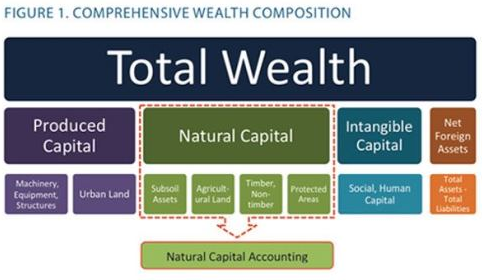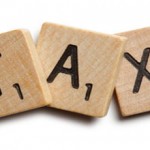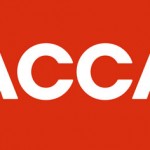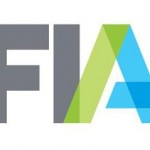The Wealth Accounting and Valuation of Ecosystem Services Global Partnership Program
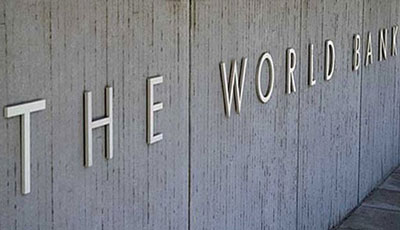
The Philippines has been selected as one of the eight core implementing countries of the Wealth Accounting and Valuation of Ecosystem Services Global Partnership Program.
Find out more about the WAVES project in the Philippines through this list of Frequently Asked Questions.
What is WAVES?
WAVES stands for Wealth Accounting and the Valuation of Ecosystem Services. The WAVES Global Partnership Program (WAVES-GPP) is a global partnership that aims to promote sustainable development by ensuring that accounting for natural resources is mainstreamed into development planning.
What is wealth accounting?
Wealth Accounting measures three forms of assets and capital goods that a country generates:
1. Manufactured capital such as buildings and public infrastructure;
2. Human, social and institutional capital, such as a country’s level of education, rule of law and governance; and
3. Natural capital such as land, forests, fish, minerals and energy.
But Gross Domestic Product (GDP) is the recognized measure of economic growth. Why change it?
Countries rely on GDP as a measure of its economic performance. However, GDP only measures current income and production. It tells us nothing about income for the long term. It does not answer questions like: are income and growth sustainable? Will the same level of income be available for our children? GDP says nothing about the assets that underpin this generation of income. For example, when a country exploits its minerals, it is actually depleting wealth.
The other major limitation of GDP is the poor representation of natural capital. Important contributions to the economy and well-being of the environment provided by forests, wetlands, and agricultural land are not fully captured in national accounts or may be hidden.
What is natural capital accounting and why is it important for a country like the Philippines?
Natural capital includes the resources that we easily recognize and measure such as minerals, agricultural land and fisheries. It also includes ecosystems producing services that are often ‘invisible’ to most people such as air and water filtration, flood protection, and habitat for fisheries and wildlife. We often take these services for granted and do not know what it would cost if we lose them.
Natural capital is a critical asset, especially for low-middle income countries like the Philippines where it makes up a significant share (about a third) of total wealth. For these countries, livelihoods of many subsistence communities depend directly on healthy ecosystems.
Natural capital accounting can provide detailed statistics to better manage these natural resources and ultimately ensure sustainable growth of the economy
How can wealth accounting help countries grow sustainably?
Comprehensive wealth accounting can provide an estimate of the total wealth of nations by measuring the value of these different components of wealth. Changes in wealth is an indicator to assess if a country is growing its income without depleting its stocks.
What will the Phil-WAVES project do for the Philippines?
A more sustainable use of natural resources could potentially have a large impact on growth through reducing poverty and risks from natural disasters and climate change.
In the Philippines, there will be two Phil-WAVES pilot sites: Laguna Lake Basin and Southern Palawan. The NCA data gathered will help in assessing the multiple and sometimes competing uses of the natural resources in these areas and provide detailed statistics on how to manage these resources and ensure they continue to contribute to the sustainable growth of the economy.
There will also be two national accounts developed: one for minerals and another for mangroves. The data that is gathered will be used to analyze their contribution of ecosystem services to sustainable, inclusive and resilient growth and disaster risk mitigation (in the case of mangroves).
Who is working on the Phil-WAVES project?
The Phil-WAVES project is being led by the National Economic and Development Authority and the Philippine Statistics Authority (PSA)
through a technical assistance grant given by the World Bank.
Government agencies will take the lead in providing and collecting the data for their respective Phil-WAVES pilot sites or national accounts:
• Laguna Lake Basin: the Laguna Lake Development Authority
• Southern Palawan: the Department of Environment and Natural Resources along with the Palawan Council of Sustainable Development
• Minerals account: DENR Mines and Geosciences Bureau and PSA
• Mangroves: DENR and PSA
Source: World Bank – The Wealth Accounting and Valuation of Ecosystem Services Global Partnership Program









